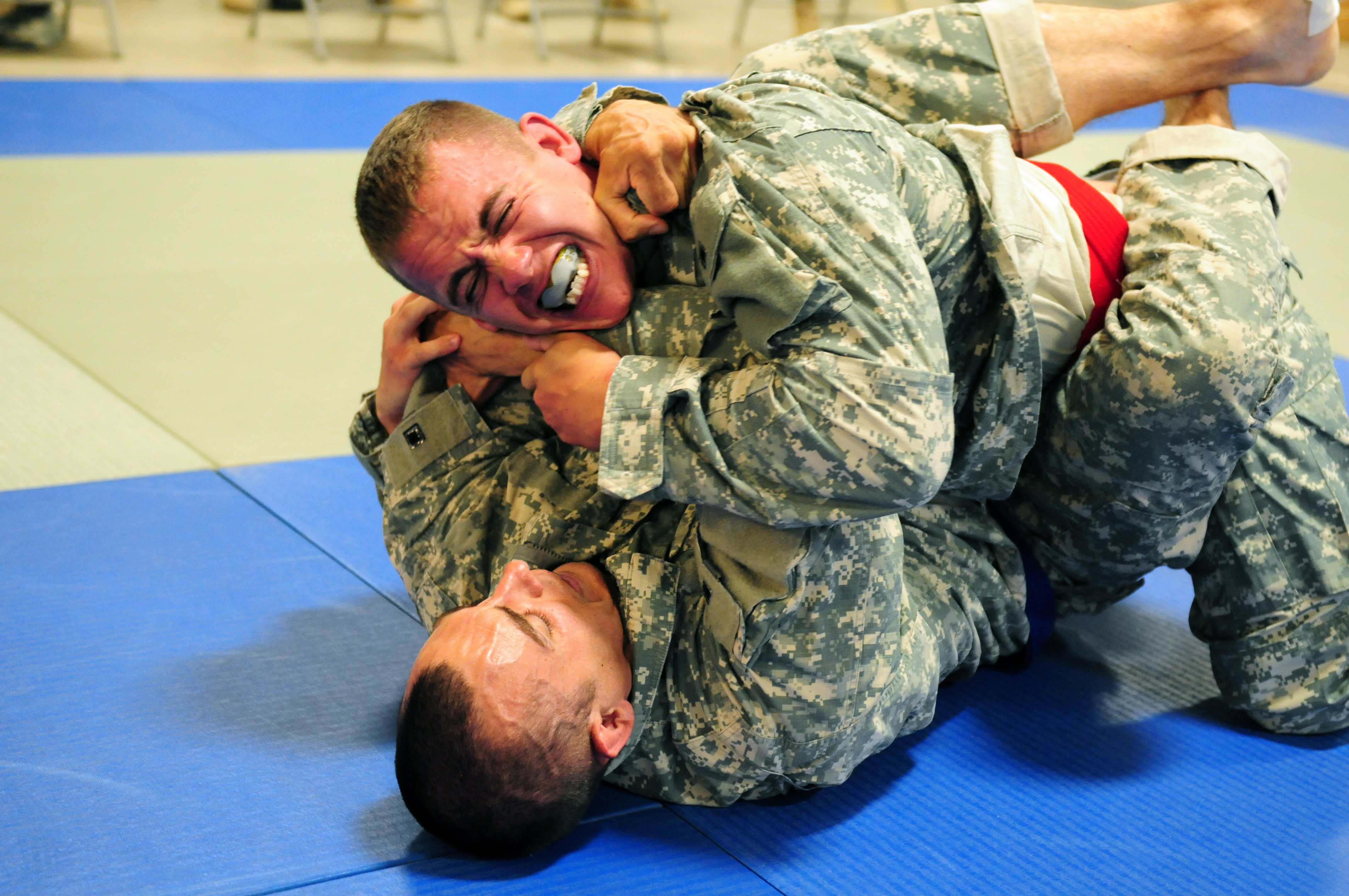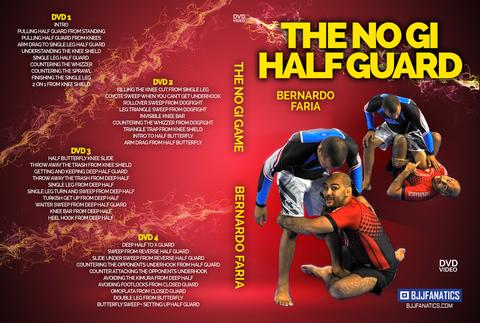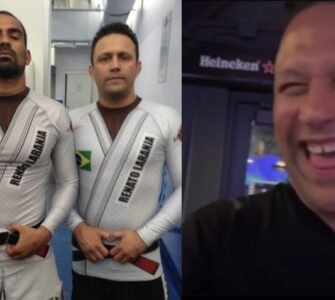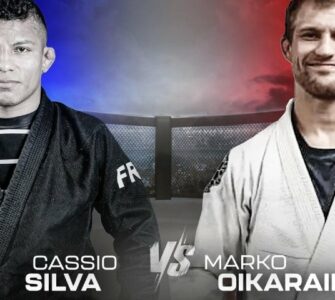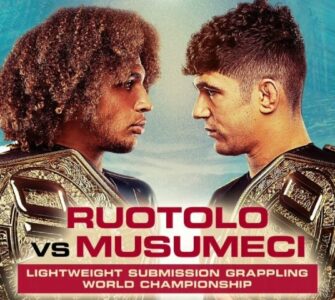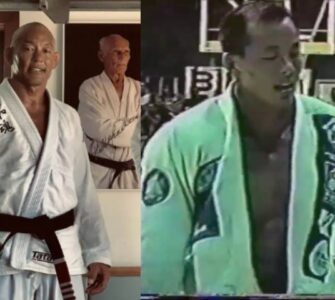PTSD (posttraumatic stress disorder) is a mental health problem that some people develop after experiencing or witnessing a life-threatening event, like combat, a natural disaster, a car accident, or sexual assault.
After going through such trauma many people are incapable of coping with it. In turn their body shuts down on itself and develops insomnia, depression and a variety of other symptoms who can be very detrimental to the quality of life.
About 7 to 8 percent of all Americans will suffer from PTSD at some point in their lives, according to the U.S. Dept. of Veterans Affairs.
Hoshihara Cruz told wpde.com:
“It used to be called shell shock, as a result of war, so really understanding that it can be happening outside of a war zone, and outside of people who actually go to combat, it’s very prevalent and it’s just something that takes time,” she said.
Everyone has a different way of coping. Some go to Brazilian Jiu-Jitsu Checkmat in Myrtle Beach.
“I feel like a big part of that, PTSD, is that fear that the thing that hurt you before will come back and hurt you again, the fear that you may never be safe again, and being able to come in and train in something like Jiu Jitsu the way that we do, you are not only exposing yourself to those kind of situations but you are also proving to yourself that you do have a say, you do have control over what happens, even if the moment comes up on you very quickly and you’re not expecting it,” Tara Rocuant, an instructor said.
It can help and be every empowering for many suffering from PTSD, Rocuant said.
“So I feel a big part of being able to control panic attacks as a result of PTSD is feeling like you are prepared for that situation, should that ever happen to you again. And coming in to Jiu Jitsu practice for me every day is not just a physical workout, it’s a mental exercise,” she said.
“Every day you struggle from something if you are suffering from PTSD. For example, when I put the toast down, I have to walk away because the toast pops and it scares me. I have to have my phone turned down so it doesn’t scare me when it rings, but then I can’t hear it,” he said.
If you suffer from PTSD, there is help out there.
5x World BJJ champion Bernardo Faria has developed the No Gi Half Guard. His submissions and sweeps works just as easily for No Gi, if not easier.
1.In No Gi there are not as many grips you can play. For example, you can’t play spider guard and the whole array of guards that stem from it. His guard works perfectly.
2.There are not a lot of grips your opponent can use to stop your sweep while playing No Gi. They can’t grab your collar, sleeve or pants obviously. Again, his guard works perfectly.

